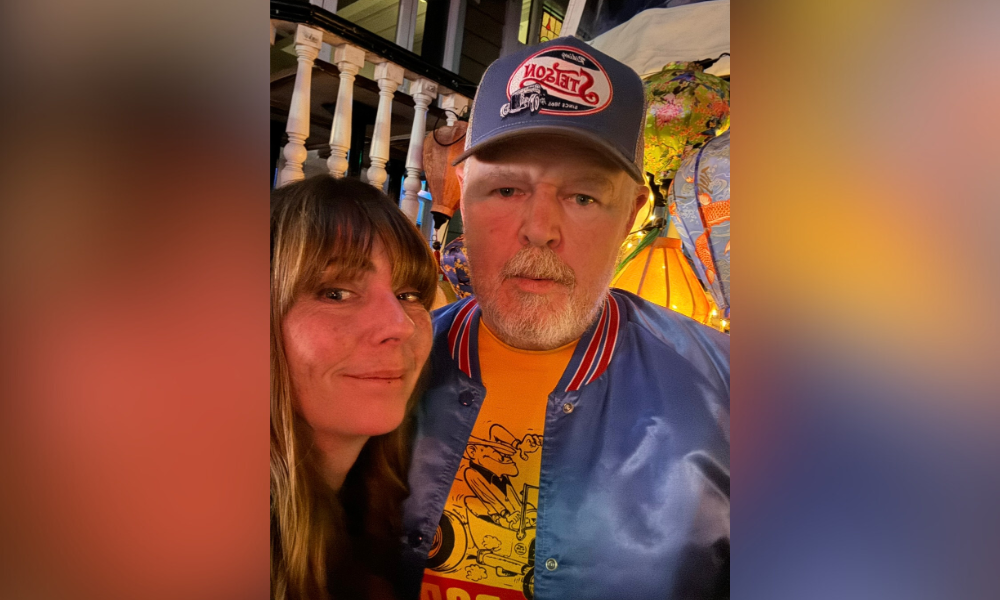
Restaurant owner Aaron Carson shares 3 tips for successful recruitment in hospitality

Recruiting in a very tight market is tough. Aaron Carson has gained insights that could feature in a crime novel.
“The person you’re interviewing may be useless, but they may be one of two or three you have to choose from,” he says. “And they may have left their last employer because they’ve got issues with their behaviour, and that might include, especially in hospitality, drugs and alcohol or mental health issues.”
It’s not unknown for a worker to turn up for work drunk, harbouring the notion that it’s acceptable, says Carson, speaking from experience as an operator of restaurants.
“One ended up locked up in hospital, because right before COVID, they went out and bought as much weed as they could, thinking they couldn’t manage if they ran out,” he says.
Carson and his wife, Fran Mazza, have operated AaronFran.com since 2011, with 17 cafe and restaurant sites in Auckland over the years, including sales of businesses along the way. Today, they operate two restaurants and an expanding pie business.
After the pandemic, the hierarchy within the sector was shuffled like a deck of cards, he says, where positions for head chefs were filled with sous chefs or chef de parties who were not quite ready for the top role.
“People were being promoted too quickly who weren’t capable of the job,” Carson says. “Across the board, quality went down in the hospitality industry, which was already suffering.”
Nevertheless, wages rose steeply.
“It was very negative for a lot of businesses,” he says. “A lot of places that were desperate hired people who were wrong, and that contributed to their businesses failing – and now they’ve gone by the wayside.”
Hospitality staff are hard to find, says Carson, and reference checks are worth the effort. He shares an anecdote where a customer walked in to say he recognised a staff member.
“He told us ‘I just wanted to tell you I went into one of your other sites and saw a guy there who made my life hell,’” Carson says, recounting allegations of theft and abuse.
And when he then asked the worker for his permission to do a police check?
“We never saw him again,” he says, pointing to the moral in the story. “Do the homework. Don’t be desperate. A bad hire will cost you so much more time and energy to rectify than if you put in time hiring the right person.”
Once a new member joins, it’s vital to get induction right. The rules are simple, says Carson.
“Tell them: ‘This is what’s expected. This is how we do things. This is what we stand for,’” he says.
“Take the time to explain that stuff, so you don’t end up with someone who’s potentially representing your business and who has no idea what the business stands for, what the brand stands for, who the owners are, why they’re there – because customers always ask questions.”
The same applies when explaining a role to staff who will employ other staff.
“If a front-of-house manager hires a bad employee, that will affect them every day, whereas if they hire a great person, it will make their job 20 times easier,” he says.
In a hospitality scenario, a team will work well when all members understand the culture. Make it clear as day, Carson says.
“You need to explain what you’re trying to achieve. You can say: ‘It’s an all-inclusive culture. We don’t fight. We’re not table-bangers. We’re not screamers. If you’re a chef, you don’t scream at your staff. There is no sexist or racist behaviour,’” he says.
“It has to be upfront – really clear. If you have a great culture, it washes through everything, and the customers can feel it. They may not even know they’re experiencing it, but they can tell something’s going on that’s really working.”